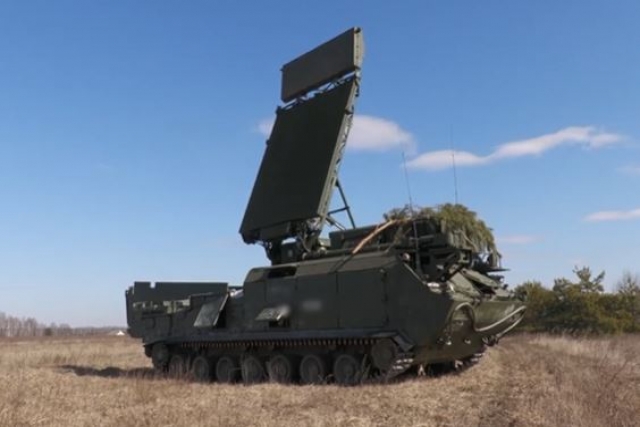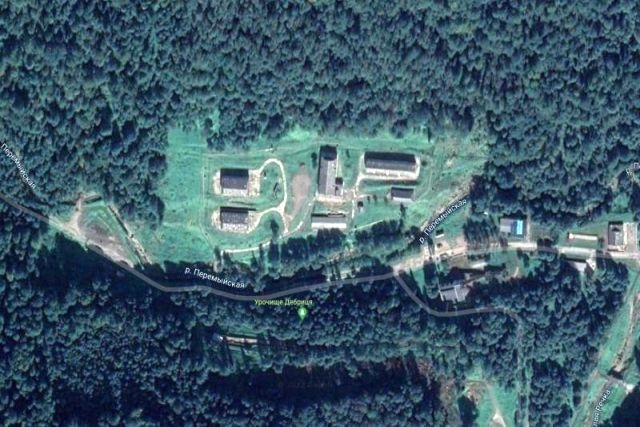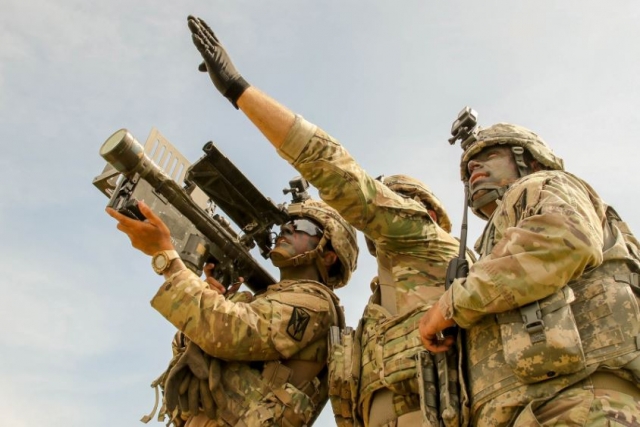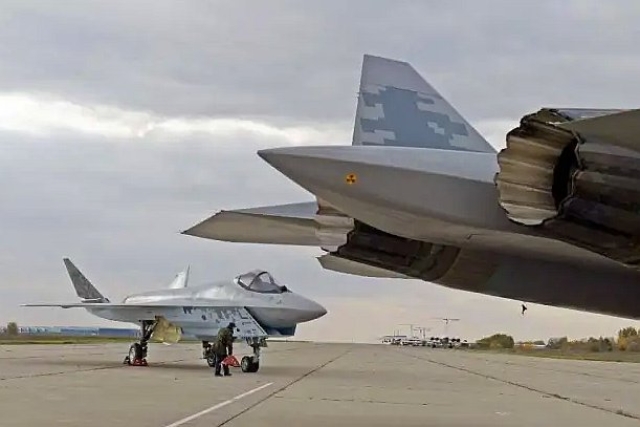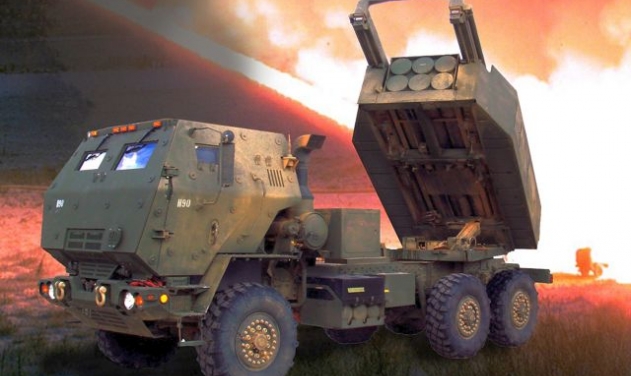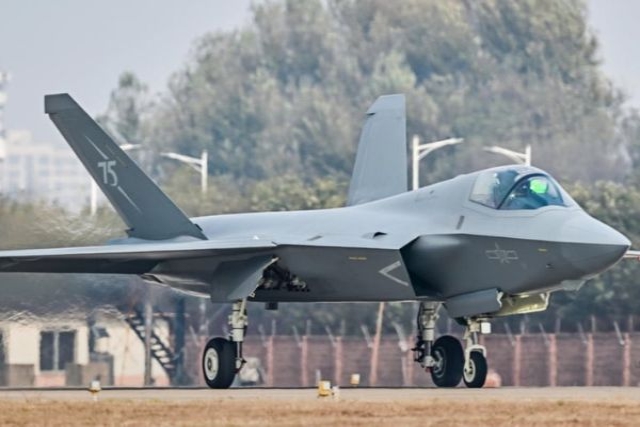First Prisoner Exchange Between Russia and Ukraine
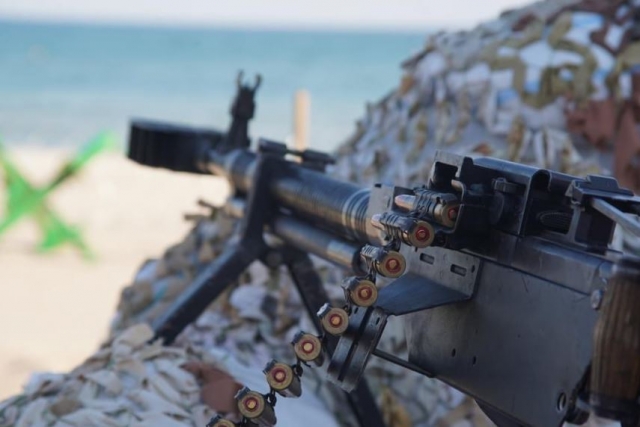
Russia and Ukraine reportedly exchanged the first prisoners of war (POW) during their ongoing conflict.
Human Rights Commissioner in Russia Tatyana Moskalkova told during an interview with RT that nine Russian servicemen were exchanged for Ivan Fedorov, Mayor of Ukrainian town, Melitopol.
Fedorov was reportedly kidnapped on March 11 by Russian soldiers occupying Melitopol, a city halfway between Mariupol and Kherson, because he "refused to cooperate with the enemy." After his abduction, Ukraine’s authorities appointed Galina Danilchenko as new mayor.
Ukraine’s President Volodymyr Zelensky spoke to Fedorov on the phone last Wednesday, and told him he was “glad to hear the voice of a man alive,” according to a video released on Telegram.
Meanwhile, Ukraine has paraded a group of captured Russian soldiers who denounced President Vladimir Putin’s war. At a press conference covered by the Interfax-Ukraine news agency and posted on YouTube, Alexei Zheleznyak, a soldier of the 34th separate motorized rifle brigade, told reporters: “Putin, without declaring war, is bombing residents, hospitals, cities of Ukraine.”
According to the Human Rights Watch, the Security Service of Ukraine (SBU) has a Telegram account with about 868,000 subscribers where it has posted videos of captured Russian soldiers who appear under duress or are revealing their names, identification numbers, and other personal information, including their parents’ names and home addresses. It shares these videos on its Facebook, Twitter, YouTube, and Instagram pages with roughly 978,000 combined followers and subscribers. A Telegram channel apparently run by the Internal Affairs Ministry with over 847,000 subscribers does the same and has an affiliated website and YouTube channel.
“The obligation to protect POWs from being objects of public curiosity, as well as protecting them from intimidation or humiliation, is part of the broader requirement to ensure their humane treatment and protect their families from harm,” said Aisling Reidy, Senior Legal Advisor at Human Rights Watch. “The Ukrainian authorities should stop posting these videos online.”
Social media platforms should also clarify whether and how videos of POWs that are incompatible with the Geneva Conventions fall under their existing policies and, if necessary, develop new policies to identify and suppress the spread of such content, Human Rights Watch said.
